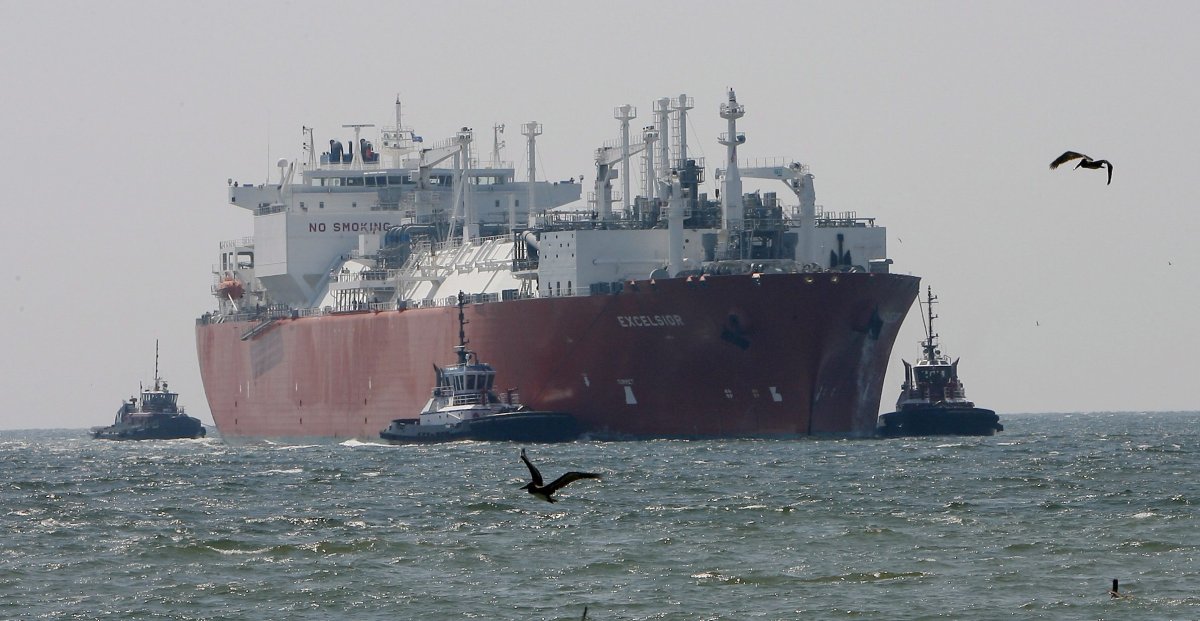A coalition of northern B.C. First Nations says it wants to help the world transition from coal to liquefied natural gas (LNG).

The Coast Tsimshian, Haisla and Nisga’a nations have signed a memorandum of understanding (MOU) kicking off what they call the Northwest Coast First Nations Collaborative Climate Initiative.
Under the agreement, the nations aim to work together and with government and industry to see the world’s heaviest polluters, such as China, transition from coal to B.C. LNG.
The initiative also aims to see Canada earn credits for carbon emissions offset by the cleaner fuel source through a system of emissions trading enabled under the Paris Agreement called “internationally transferred mitigation outcomes.”

Mayor John Helin of the Lax Kw’alaams Band said it’s a way that B.C. and its First Nations can benefit from natural resources while helping reduce global climate emissions.
“If we can offset greenhouse gas emissions like I’m talking about with a cleaner energy source that we have in our country, why wouldn’t you look at something like that?” he told Global News Radio CKNW’s Jon McComb Show.
“And if you’re travelling in a country like China and see the air that they breathe, I mean, anything that we can do to help clean that area would make sense.”
After years of controversy within the community, the Lax Kw’aalams Band threw its support behind the massive Pacific NorthWest LNG project in Prince Rupert in 2017 — only to see Petronas scrap the project months later.

Helin acknowledged that resource development and LNG remain controversial but said the approach of the MOU signatories will be to get “the proper information out.”
“There are people that understand, especially leaders like myself that have poverty in our communities and the lack of resources to deal with the social-economic problems we deal with on a daily basis,” he said.
“It’s key for us to diversify our economies and to look at different options to create some jobs and wealth in our community.”
Helin said that under the MOU, B.C. gas products would be delivered through First Nations territories and businesses in a way that both helps Indigenous economies and sticks to the “highest environmental standards,” including electrification wherever possible.
He added that the agreement was at a very early stage, and it could be some time before any concrete projects were addressed.
Canada’s largest LNG project, the $40-billion LNG Canada plant proposed for Kitimat, B.C., was given its final investment approval last October.
However, construction of a gas pipeline to feed that project, which would run across traditional Wet’suwet’en First Nation territory, has met with sustained protest from hereditary leaders.




Comments